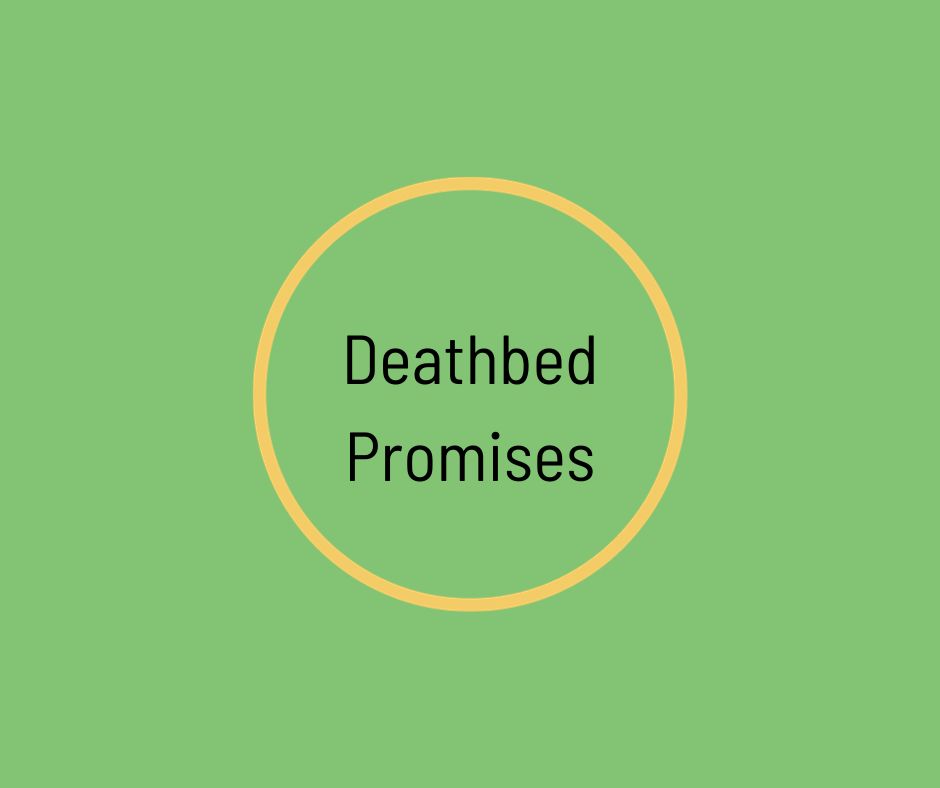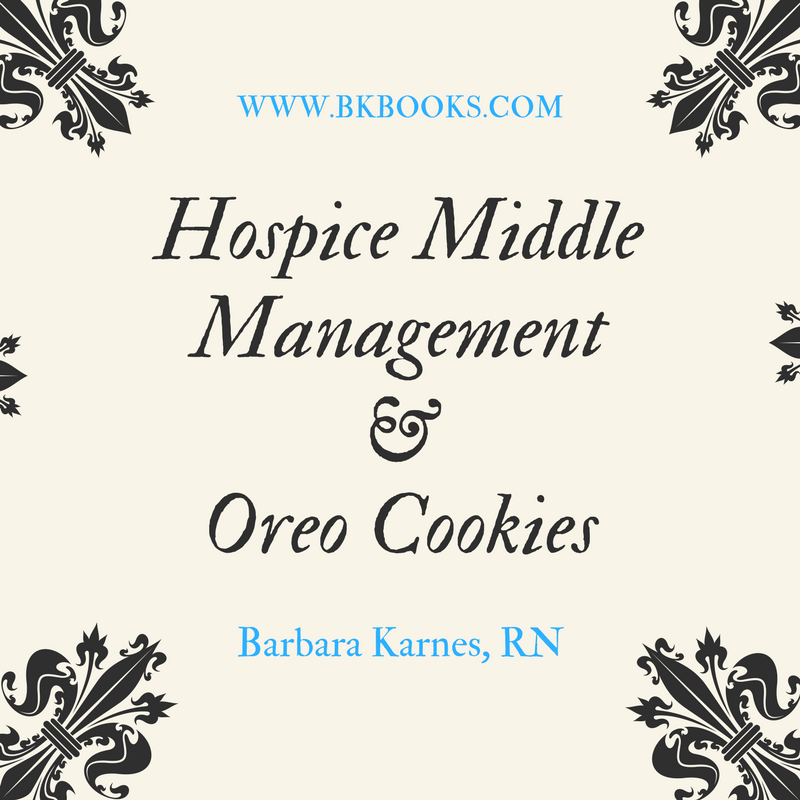I was directed to a conversation on a Facebook group that I follow. The question that started the conversation was, “Thoughts on hospice patients that are full codes. Then decline and are actively dying, but remain a full code? Do you initiate comfort measures?”
I am so surprised by this line of discussion that I have to write a blog about it. I am surprised a person can be receiving hospice medicare services and NOT have a Do Not Resuscitate (DNR) order. That a person can be on hospice, have their heart stop and have medical staff attempt to revive them or send them to the ER is to my mind against everything hospice is about.
Being on the hospice program is understanding that death is approaching and medically the process can not be reversed. Everyone dies. There comes a point in every life that death will happen. The hospice philosophy is that when a disease is not fixable, when death will be the end result, there are comfort measures rather than life prolonging measures that begin. The Hospice philosophy is not about the length of breathing but the quality of living.
I believe that everyone has the right to decide how they will live and how they will die. There are people that no matter the disease will want to have everything medically possible done to maintain their life. There are others that accept that their life is drawing to an end and want to be comfortable but not medically maintained. Neither choice is a right or wrong.
“Educate, educate, educate” is 90% of the work of a hospice professional. In the initial assessment that education begins. It begins with explaining our philosophy. The philosophy of comfort care, of helping a person live the best they can until they are not living anymore (with hospice referrals so late it is often more about helping the family understand that death is coming, what it will be like, and what they can do while it is happening).
Our services and care are not about whether we will extend the life through medical technology. Our services are about support and guidance while death is approaching. There is no room for not having a Do Not Resuscitate order and codes here. We educate the patient/family/significant others that part of the hospice philosophy is comfort care. If that is not acceptable then hospice care is not for them.
Something More about Do Not Resuscitate & Hospice: My book, A FINAL ACT OF LIVING: Reflections Of a Long-time Hospice Nurse, is a not only a reflection of all my years in hospice, but also a teaching tool for those in end of life care. There is a chapter on Do Not Resuscitate and Durable Power of Attorney.








18 comments